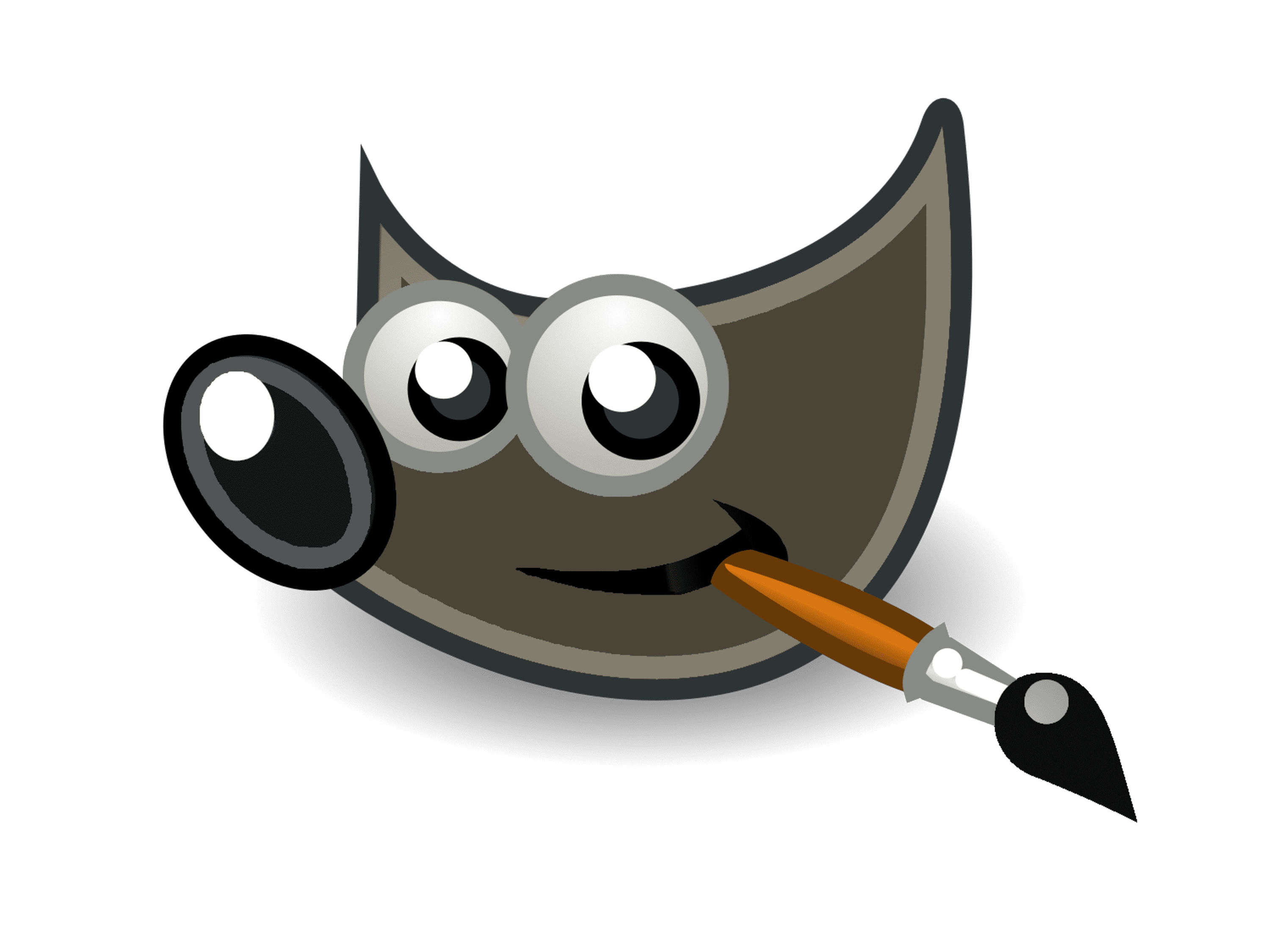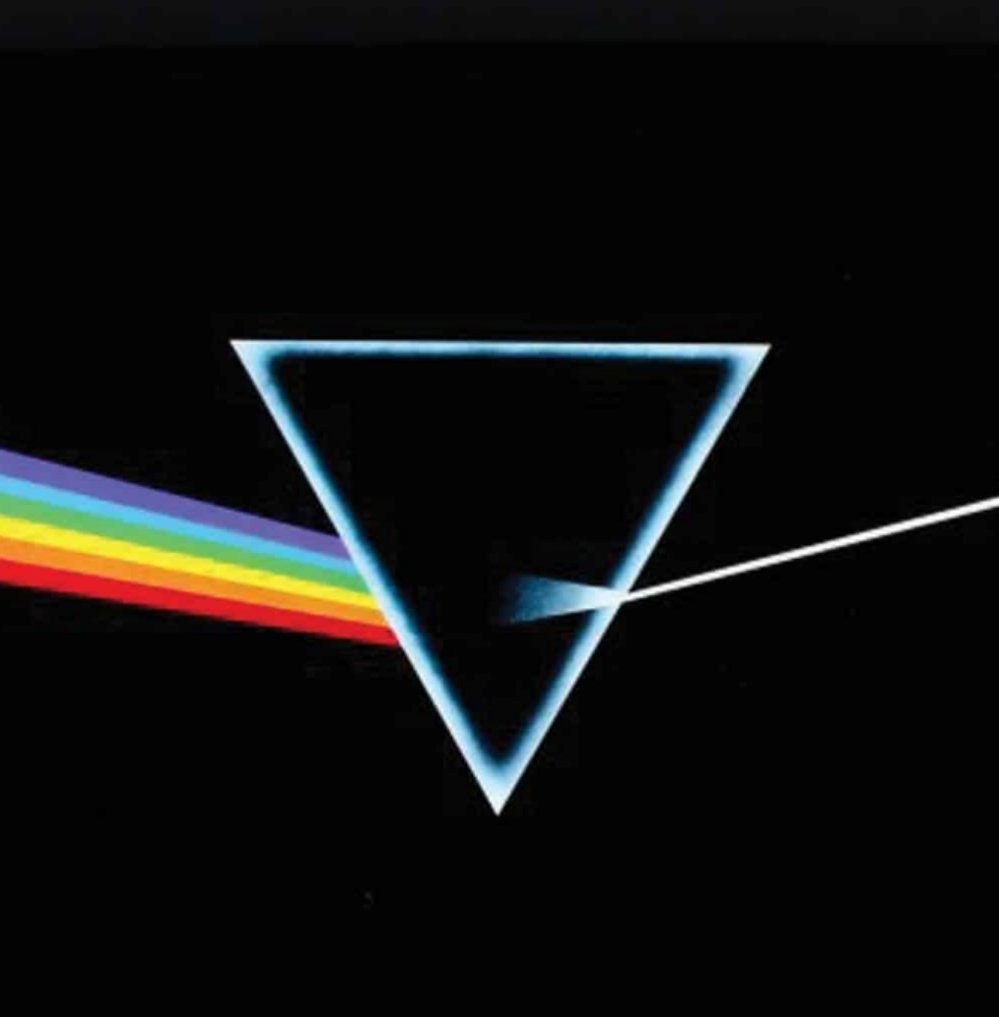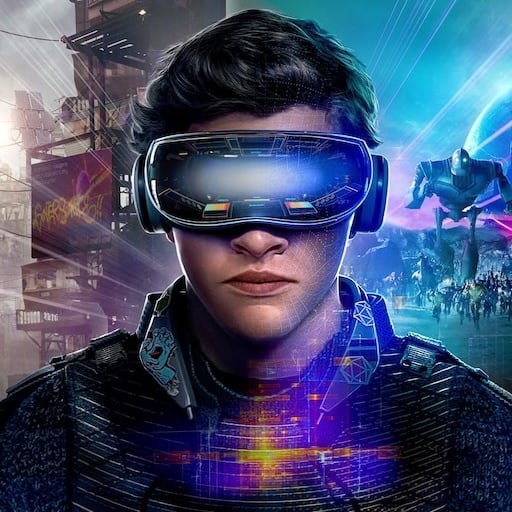The shoulder fairy in Leadale, Kuu:

She’s not the cutest looking fairy ever but the way she uses body language to mimick/mock Caina’s speech is cute AF. For example, wagging her finger when Caina is lecturing her children who have been behaving badly. Or just generally popping out of Caina’s hair to stick her tongue out at an enemy 😁





























D should be Dookie.